Discover an inclusive and welcoming learning environment in Canada, where international students can thrive academically and personally while experiencing cultural diversity and forming lifelong friendships. With top-notch universities, stunning natural landscapes, and a reputation for safety and tolerance, Canada offers an exceptional educational experience enriched by its friendly and multicultural communities.

Study in Canada
- Population: Canada is home to approximately 5 million people, fostering a diverse and multicultural society.
- Official Languages: English and French are the official languages of Canada, promoting cultural exchange and language learning opportunities.
- Ethnic Diversity: Canada embraces a mix of European, Indigenous, Asian, and other ethnicities, creating a welcoming and inclusive environment.
- Land Area: With a land area of around 268,000 square kilometers, Canada boasts breathtaking landscapes, including the North Island, South Island, and numerous smaller islands.
After completing their studies in Canada, international students may be eligible for a post-graduation work permit. This work permit allows graduates to work in Canada for a duration equal to the length of their study program, up to a maximum of three years. The PGWP offers valuable work experience and potential pathways to permanent residence in Canada.
International students studying in Canada are eligible to work part-time while pursuing their studies. They can work up to 20 hours per week during regular academic sessions and full-time during scheduled breaks, such as summer and winter vacations.
Canada is renowned for its high academic standards, world-class universities, and research opportunities, providing students with a top-notch education that is globally recognized and respected.
Popular Courses for International Students in Canada










Visa Information
International students have the chance to apply for a range of student visa options in Canada.
- Study Permit: Allows international students to study at a designated learning institution in Canada.
- Post-Graduation Work Permit (PGWP): Allows graduates to work in Canada for up to three years after completing their studies.
- Student Direct Stream (SDS): Expedited study permit application process for eligible students from select countries.
- Co-op Work Permit: Enables students to work as part of their academic program and gain practical work experience.
- Temporary Resident Visa (TRV): Required for some international students to enter Canada, depending on their country of citizenship.
Each visa category has its own set of requirements and conditions that you need to fulfill. Rest assured, our team is here to guide you through the visa application process and ensure you have all the necessary information.

English Language Proficiency: Demonstrating proficiency in English is a key requirement for a student visa. The minimum score for English language proficiency tests such as IELTS or TOEFL is typically 6.0 or higher (with no band less than 6.0) for undergraduate programs, and 6.5 or higher (with no band less than 6.0 or 6.5) for graduate programs.
Academic Qualifications: Applicants should have completed their secondary education and obtained a high school diploma or an equivalent qualification recognized by Canadian educational institutions.
Pathway Programs: For those interested in pathway programs, they need to demonstrate their eligibility for such programs, which offer a structured progression from one educational level to another, facilitating the transition to higher levels of study.
| Expense Category | Monthly Cost (CAD) | Annual Cost (CAD) |
|---|---|---|
| Accommodation | $800 – $2,500 | $9,600 – $30,000 |
| Food | $300 – $600 | $3,600 – $7,200 |
| Transportation | $70 – $200 | $840 – $2,400 |
| Utilities | $100 – $150 | $1,200 – $1,800 |
| Internet and Mobile | $50 – $100 | $600 – $1,200 |
| Books and Supplies | $100 – $200 | $1,200 – $2,400 |
| Health Insurance | $50 – $100 | $600 – $1,200 |
| Miscellaneous | $200 – $400 | $2,400 – $4,800 |
| Total | $1,670 – $4,350 | $20,040 – $52,200 |
Please note that these figures are approximate and can vary depending on the location, lifestyle, and personal preferences of the individual.
It’s important for students to research and plan their finances accordingly, considering factors such as the city they will be studying in and their specific needs and spending habits.
| Level of Study | Approximate Annual Tuition Fees (CAD) |
|---|---|
| Undergraduate | $15,000 – $35,000 |
| Graduate | $10,000 – $40,000 |
| Professional | $25,000 – $65,000 |
Please note that these figures are approximate and can vary depending on the university, program of study, and specific requirements.
Tuition fees can also vary for international students compared to domestic students. It’s important to research and check the official websites of the universities or colleges of interest for the most accurate and up-to-date information regarding tuition fees for the desired program and level of study.











